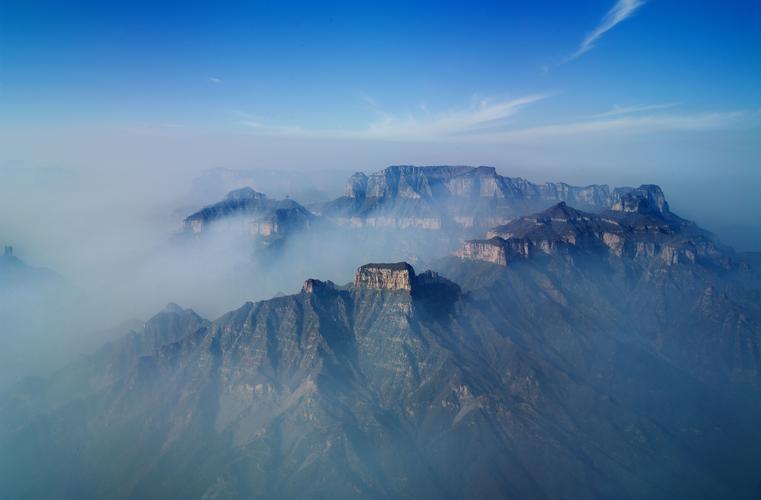Exploring the Rich Diversity of Mexican Cultural Traditions
Mexico is a country rich in history and diversity, boasting a wide range of cultural traditions that have evolved over time. From the Aztec and Mayan civilizations to the influence of Spanish colonization and the modern-day fusion of various cultural elements, Mexico has a vibrant and unique cultural landscape that is worth exploring. In this article, we’ll dive into some of the most fascinating Mexican cultural traditions and explore their significance.
Mesoamerican Civilizations – Aztec and Maya
The Aztec and Maya civilizations were two of the most important Mesoamerican cultures, and they left an enduring legacy in Mexican culture and society. The Aztecs were known for their impressive engineering feats, such as the construction of the floating gardens of Xochimilco and the aqueducts of Tenochtitlan. They also had a complex religious system that involved human sacrifice, which was seen as a way to appease their gods.
The Maya, on the other hand, were known for their sophisticated architecture, mathematics, and astronomical knowledge. They built impressive pyramids, temples, and observatories, and developed a writing system that has survived to this day. Their intricate calendar system is still used by some indigenous communities in Mexico and Central America.
Spanish Influence
The Spanish conquest of Mexico in the 16th century had a profound impact on Mexican culture, language, and traditions. Spanish influence can be seen in the architecture of colonial-era buildings, the Catholic religion, and the Spanish language. Mexico City’s Zocalo, the main square, is a prime example of Spanish influence in architecture.
Mexican cuisine also bears the mark of Spanish influence, with dishes such as chiles rellenos, enchiladas, and quesadillas all having a Spanish origin. The Mexican celebration of Christmas is another example of the syncretism between Spanish and indigenous culture, with traditions such as the posadas, nativity scenes, and the nine-day novena.
Celebrations and Festivals
Mexico is well-known for its colorful and lively celebrations and festivals, which often involve music, dancing, and traditional costumes. The Day of the Dead, or Dia de los Muertos, is perhaps the most famous Mexican celebration, where families and communities honor their deceased loved ones through colorful altars, offerings, and parades.
Other festivals such as the Guelaguetza, Carnival, and Independence Day are also important cultural events in Mexico, showcasing the country’s rich diversity and traditions. The Guelaguetza is celebrated in Oaxaca and showcases the region’s indigenous cultures, with dances, music, and costumes from various communities. Carnival, celebrated in various cities across Mexico, involves parades, costumes, and dancing in the streets. Independence Day, celebrated on September 16th, is a day of patriotic celebration, with fireworks, flags, and parades.
The Arts
Mexico has a long and rich artistic tradition, with influences from indigenous, European, and modern sources. Mexican muralism, which emerged in the 1920s, is perhaps the most well-known form of Mexican art, with artists such as Diego Rivera, David Alfaro Siqueiros, and Jose Clemente Orozco creating large-scale murals that depicted Mexican history, culture, and revolutionary ideals.
Mexican literature, music, and film are also important cultural expressions, showcasing the diversity and richness of Mexican identity. The works of authors such as Octavio Paz, Carlos Fuentes, and Gabriel Garcia Marquez have earned international acclaim, while musicians such as Carlos Santana, Selena, and Vicente Fernandez have brought Mexican music to the world stage.
Conclusion
Mexico’s cultural traditions are as colorful and diverse as the country itself, with influences from indigenous cultures, Spanish colonialism, and modern-day fusions. From ancient civilizations to contemporary art forms, Mexico’s culture is a testament to its rich heritage and enduring spirit. Exploring Mexican cultural traditions is a journey into the heart of a vibrant and fascinating country.
(Note: Do you have knowledge or insights to share? Unlock new opportunities and expand your reach by joining our authors team. Click Registration to join us and share your expertise with our readers.)
Speech tips:
Please note that any statements involving politics will not be approved.
